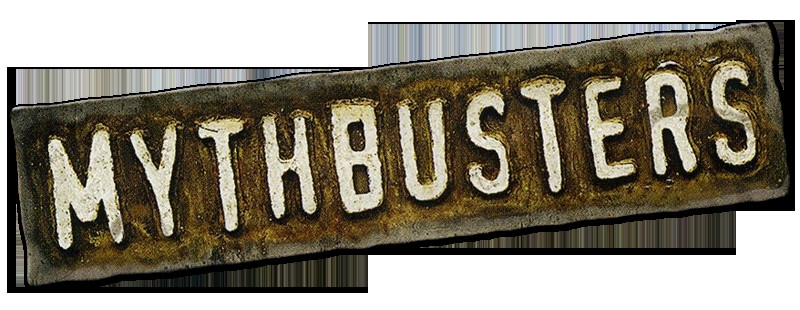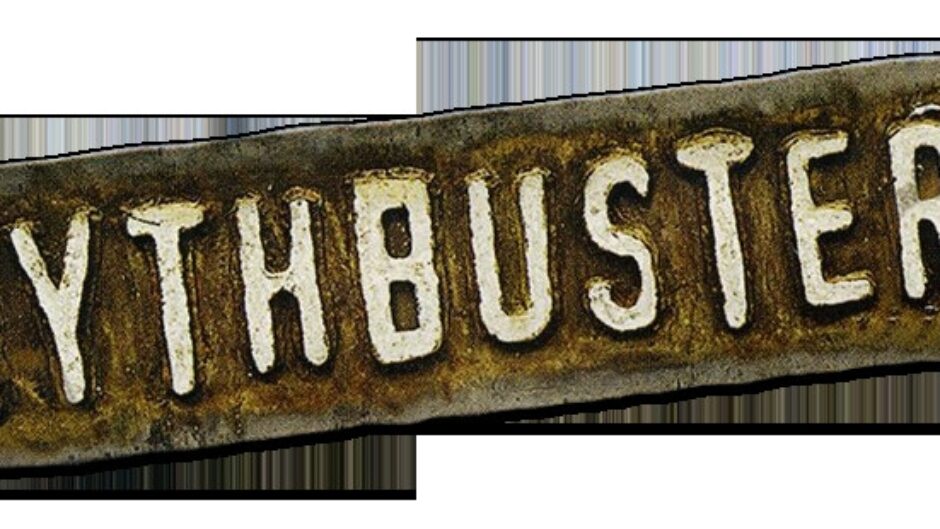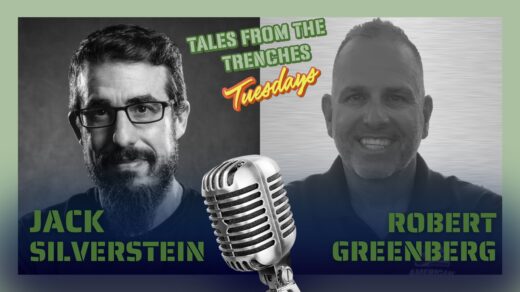
Last article, I spoke of Special Events. Here is the next revenue stream that I am going to mention — Planned Giving. Before we start here, can we not come up with a better term — maybe Legacy Giving? ALL meaningful gifts are planned, so what does this title truly mean?
Legacy Giving is seen as the highest form of donation. For the most part, these are the bequests that donors leave your organization. This is perhaps the toughest revenue stream to evaluate as a fundraiser. There is not usually an immediate cause and effect. The work you do today trying to secure Legacy Giving prospects will likely (if ever) see the effect of that work 10 to 15 years later. It is a very hard concept for a Board to wrap their heads around. Furthermore, how do you budget for a bequest? I would suggest that you take a 5-year rolling average of the bequests that have come in and keep it rolling forward. That way any anomalies will be normalized. I would further suggest that Boards should see Legacy Giving as an investment and not an expense. Money will be left to charities. That’s a fact. If your organization isn’t at the table, rest assured that another organization is!
Legacy Giving is a relatively inexpensive way to raise a dollar, usually around 10¢ to raise a dollar from this donor. This is essentially staff time and some printed materials.
Legacy Giving is unique in that it needs the cooperation of one of the “allied professionals” (lawyer, accountant, financial planner, insurance agent). If we were to ask Mrs. Jones for a gift of $5,000, she likely doesn’t need anybody else’s advice to make that happen — either she can/will make the gift or not (and the gift is usually made out of income). A legacy gift is an entirely different ball of wax. Leaving a bequest will often need a lawyer (to write the will), or a financial planner (gifting stock, for example, will have a better tax implication for the estate than will be gifting cash), etc. These legacy gifts are usually made out of capital.
Just imagine if everybody left 1% of their estate to charity. When you take into account the charitable tax receipt, the net effect of the gift is practically 50¢ on the dollar. Now, tell me, what family can claim that they cannot be happy with 99½% of the estate? As a matter of fact, if proper planning is done, sometimes the family receives more money from the estate by donating than they would if they didn’t donate (by gifting stocks that have large capital gains and avoiding the tax on the gains).
Legacy Giving connotes an impactful gift. Look at how history remembers some of its most impactful characters. Could you name one of the leading steel manufacturers in the States in 1901? There were so very many of them. But, if I were to mention the name Andrew Carnegie you would automatically recollect that name. Why? Because of his philanthropic works. One hundred years from now, who will likely be remembered more — Steve Jobs (co-founder of Apple) or Bill Gates (co-founder of Microsoft)? I would have to surmise that it is Gates. Why? Because of his philanthropic deeds (as a matter of fact, Jobs was not a philanthropist and made no bones about it).
There have been claims made that we are currently in the middle of the largest wealth transfer in history. The boomers will be inheriting an unprecedented sum of money from their parents. But, the boomers are the most financially successful cohort in history. So, that begs the question — do they really need all that money that is being left to them? Could they perhaps choose to make a difference by making an impactful donation?
I have seen many fundraising shops in my 20+ years in the profession, but I have yet to see an organization that runs the ideal Legacy Giving program. Anywhere. Usually, it is lumped in with Major Gifts (because many Boards cannot see the long-term benefits of having someone solely dedicated to Legacy Giving). I think an additional part of the hesitation is that Canadians don’t like to talk about someone’s mortality. We’re just too damned polite (present company excepted, of course).
Many years ago when I was working for a charity, I inherited a large group of “expectancies” (individuals who had indicated that the charity was indeed in their will). Each of them at the time of their confirmation of leaving the charity in their will was presented with a certificate of membership in the Legacy Giving Club. We had a name change for the organization and I used this as an excuse to contact each and every “expectancy” to get them to revise their will to include the new name. (Don’t worry — we had a court document that stated we could still accept the bequest made out to the old organization. I used this as an excuse to connect.) What did I find? I couldn’t get hold of/find one-third of the expectancies (my guess is that they had passed on without a bequest being left to the organization). I got hold of one-third and had very nice conversations with them. The last third was the most interesting — they claimed that they were never members of the Legacy Giving club. When I told them that I was looking at a copy of their certificate in their file, they told me that they told the professional that they would be a member of the club just to get them off the phone. My bubble was burst.
Legacy gifts are often transformational for a charity. Many charities have a policy of taking their bequests and endowing them (thus generating perpetual revenue). In one of my future posts (many moons from now), I will discuss the notion of administering a charitable bequest.
Stay tuned for the next week’s installment, Major/Campaign Gifts.
L’chaim!
jack




